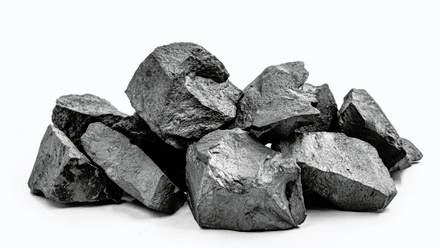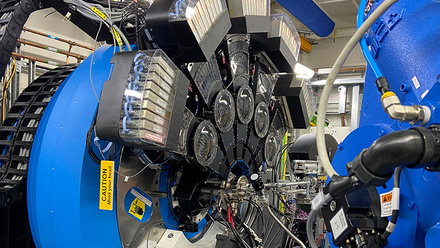New efficiency record for ultra-thin solar panel
A new wafer-thin photovoltaic absorbs 25% more energy than previous record

Researchers from the University of Surrey, UK, and Imperial College London, UK, have increased the energy absorbed by ultra-thin solar panels by 25%.
Their 1µm solar panels have a disordered honeycomb layer on top of a silicon wafer.
The British university based team collaborated with scientists at the Institute for Atomic and Molecular Physics in the Netherlands to design and create the new photovoltaic.
The solar panel achieved absorpotion rates of 26.3 mA/cm2 in the laboratory, compared to the previous record of 19.72mA/cm2 in 2017. Although this gave an efficiency of 21% the team anticipates being able to make further improvements.
Dr Marian Florescu from the University of Surrey’s Advanced Technology Institute (ATI) says, 'One of the challenges of working with silicon is that nearly a third of light bounces straight off it without being absorbed and the energy harnessed. A textured layer across the silicon helps tackle this and our disordered, yet hyperuniform, honeycomb design is particularly successful.'







